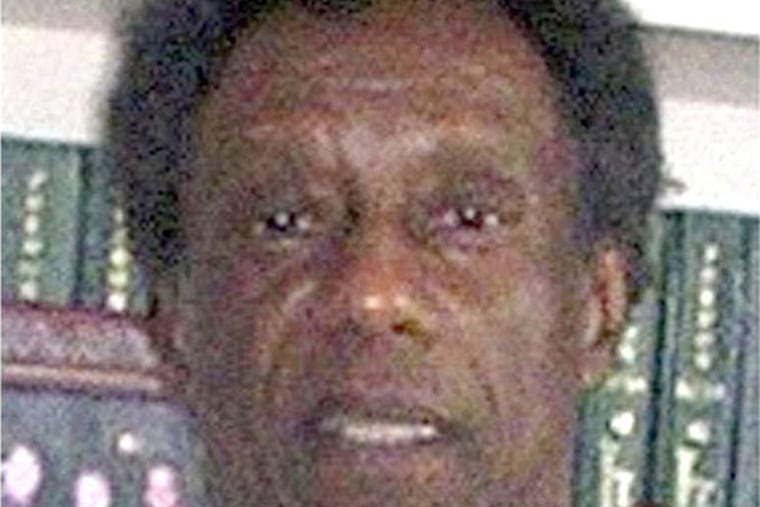Former judge Berry rescinds plea deal
Former Philadelphia Common Pleas Court Judge Willis W. Berry Jr. rejected a proposed guilty plea on conflict-of-interest charges Thursday after learning that it could imperil his state pension.

Former Philadelphia Common Pleas Court Judge Willis W. Berry Jr. rejected a proposed guilty plea on conflict-of-interest charges Thursday after learning that it could imperil his state pension.
"It's a shame, it was a good deal, but we just can't risk the pension," said Samuel C. Stretton, a lawyer for the 72-year-old former judge.
Stretton publicly announced Berry's decision at a status hearing before Common Pleas Court Judge Michael Erdos.
With the plea off the table, Erdos transferred the case to trial Judge Donna Woelpper and set a pretrial hearing for Jan. 7.
Stretton said Berry, who retired two years ago, was to have pleaded guilty to charges that he used his judicial office and court staff to operate his private real estate business.
In return, Stretton said, Berry would have been sentenced to probation and would have agreed to pay restitution of $50,000.
As recently as Oct. 29, Berry's lawyers said the proposed guilty plea was all but sealed. But over the last month, Stretton said, it became apparent that Berry's pension - and its possible forfeiture - was governed by two state agencies.
Berry has received a pension since he retired in 2012 despite being suspended without pay for four months in 2009 by the state's Court of Judicial Discipline on the same conflict-of-interest charges. He has received a gross monthly pension payment of $6,010 since he retired, state records show.
When he left the bench, Berry withdrew his personal contributions to his pension, a lump sum of $321,932 that included 4 percent interest compounded annually since he entered the state system Jan. 1, 1996, after being elected to the bench.
Stretton said he recently learned that the state's Judicial Conduct Board might have the authority to stop Berry's pension if he pleaded guilty to "high crimes and misdemeanors."
"We can't take the chance," he said.
The state Attorney General's Office filed conflict-of-interest and theft-of-services charges against Berry in May.
As The Inquirer reported in 2007, Berry moonlighted as a landlord and ran his business out of his chambers for more than a decade. He used his court staff to collect rent, make repairs, and handle paperwork for his real estate business.
After the newspaper raised questions about his conduct, Berry, on Stretton's advice, pledged to stop using his staff for his business.
His subsequent suspension from the bench resulted in criminal investigations - but no charges - by the Attorney General's Office and then-District Attorney Lynne M. Abraham.
The basics of the case against Berry were reiterated in documents filed with the state charges: Berry bilked Philadelphia taxpayers out of $110,000 by using his judicial secretary to handle rent and paperwork for 16 derelict rental properties from his chambers in the Criminal Justice Center.
Berry retired in September 2012 on the same day he was to pay a $180,000 civil-fraud judgment involving a North Philadelphia property that a city jury found he acquired by deceiving a client.
In April, the state Supreme Court suspended Berry's law license for a year and one day over that incident. Since leaving the court, Berry has left the practice of law and is focusing on his real estate business, rehabilitating substandard properties.